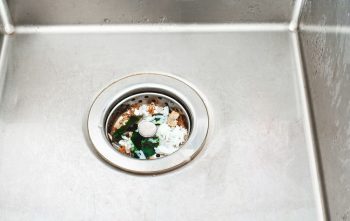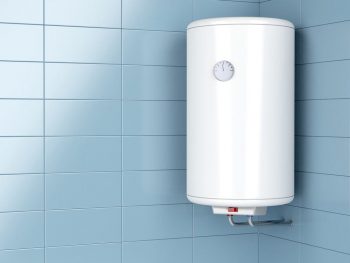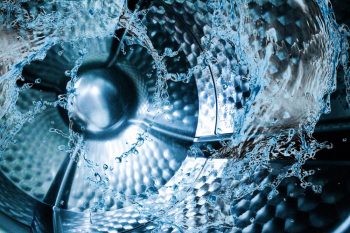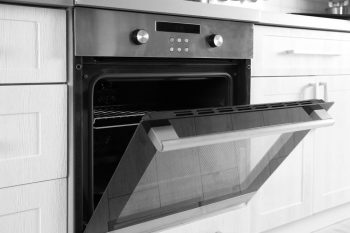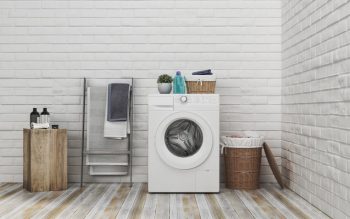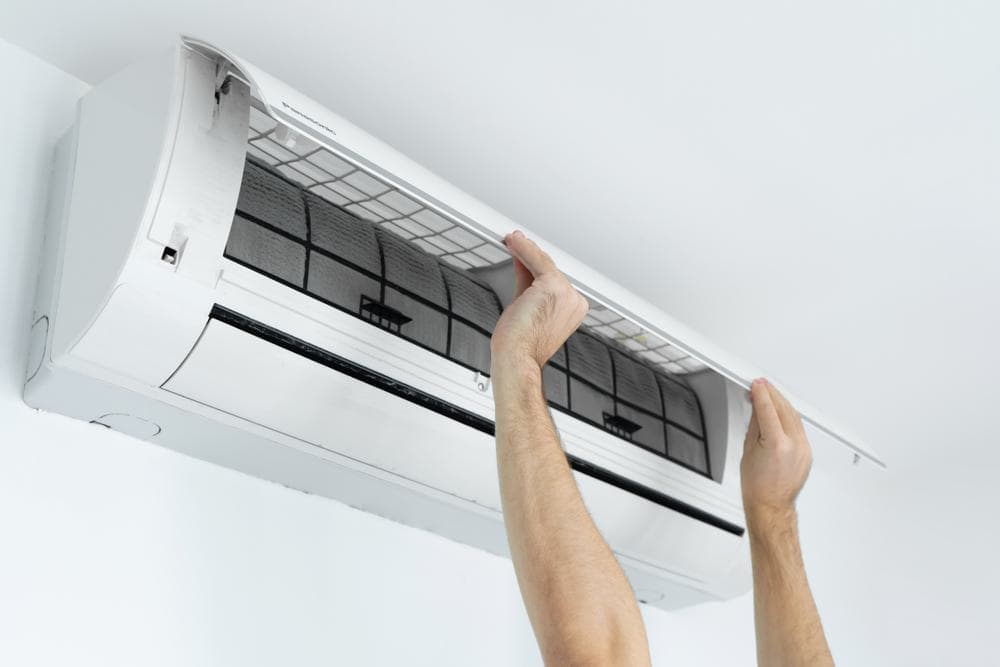
Air conditioning units are a lifesaver during the hot summer months, providing the much-needed cool air to make our homes comfortable. However, sometimes, your AC unit might start to emit an unpleasant, sweat-like smell that can make your living space uncomfortable. In this comprehensive guide, we’ll delve into why your AC might smell like sweat and how you can fix and prevent it.
Your AC might smell like sweat due to several reasons, including mold and mildew growth, accumulation of moisture in the filters, standing water in the AC unit, or dirty components like the drain pan or evaporator coil. Regular cleaning and maintenance can help prevent these smells. If the smell persists, it’s recommended to call a professional to diagnose and fix the problem.
Common Reasons an AC Unit Might Emit a Sweat-Like Smell
Several reasons might cause your AC unit to smell like sweat. These include:
1. Mold and Mildew Growth: A musty smell often indicates the presence of mold or mildew in your AC unit, caused by excess moisture. This should be addressed immediately, as mold and mildew can cause health problems.
2. Moisture Issues: If the smell resembles dirty socks or stinky feet, it could be due to dirty filters or a clogged drainage system, leading to excess moisture or standing water in your AC unit.
3. Dirty Filters: In hot and humid climates, moisture can accumulate in the filters, leading to a stale and dingy smell.
4. Accumulation of Water: Water in the drain pan, drip lines, or ducts can cause fungus or mildew to grow, resulting in a musty smell.
5. Dirty Drain Pan or Evaporator Coil: If these components are not cleaned or get blocked, they can attract microbial growth that emits unpleasant odors.
To address these issues, it’s essential to call an HVAC technician to diagnose and repair the problem.
How Does the Function and Structure of an AC Unit Contribute to Unpleasant Odors?
The function and structure of an AC unit play a crucial role in the development of unpleasant odors. The AC unit works by sucking in warm air from your home, cooling it down, and then blowing it back into your rooms. During this process, the warm air often carries dust, dirt, and other airborne particles that can accumulate in various parts of the AC unit, leading to unpleasant smells.
Further, the structure of the AC unit, such as the evaporator coils, air filters, and drain pan, can accumulate moisture, especially in humid climates. This can lead to the growth of mold, mildew, and other microorganisms, which can emit a sweat-like smell.
Telltale Signs Your AC is Emitting a Sweat-Like Smell Due to a Specific Issue
It’s essential to identify the signs that your AC unit is emitting a sweat-like smell due to a specific issue. These include:
1. Dirty or Clogged Filters: Accumulated moisture in the filters can lead to microbial growth and unpleasant odors.
2. Dirty Sock Syndrome: A musty smell resembling dirty socks or feet can be caused by a soiled evaporator coil, excess moisture, or standing water in the AC unit, leading to bacteria, mildew, and mold growth.
3. Mold or Mildew Growth: A musty or moldy smell can indicate mold or mildew growth in or around your AC unit, which can be caused by excess moisture or improper drainage.
4. Drain Pan or Evaporator Coil Issues: A smell resembling dirty socks or feet can be caused by a dirty drain pan or evaporator coil, which can attract microbial growth if not cleaned or maintained properly.
5. Excess Moisture in Ducts or Vents: High humidity levels or drainage leaks can cause excess moisture to accumulate in the ducts or vents, leading to mold and bacteria growth and unpleasant odors.
How Regular Maintenance and Cleaning Can Prevent an AC from Developing a Sweat-Like Smell
Regular maintenance and cleaning are key to preventing your AC from developing a sweat-like smell. This includes:
1. Cleaning or Replacing Air Filters: Dirty air filters can promote microbial growth and cause unpleasant odors. Ensure you clean or replace the filters regularly.
2. Cleaning the Evaporator Coil and Drain Pan: A dirty drain pan or evaporator coil can attract microbial growth, leading to unpleasant odors. Regular cleaning can help prevent this.
3. Ensuring Proper Drainage: Standing water or excess moisture in your AC unit can lead to mold or mildew growth. Regularly check and clean the drainage system to prevent water accumulation.
4. Scheduling Professional Maintenance: Regular professional maintenance can help identify and fix potential issues before they become serious problems.
When to Call a Professional
If the smell persists despite your efforts to clean and maintain the AC unit, it’s time to call a professional. A persistent smell could indicate a more serious issue, such as a refrigerant leak or a severe mold infestation, which should be addressed by a professional.
In conclusion, a sweat-like smell from your AC can be a sign of various issues, including mold growth, dirty filters, or excess moisture. Regular cleaning and maintenance can help prevent these smells and keep your AC running efficiently. If the smell persists, don’t hesitate to call in an HVAC professional to diagnose and fix the problem.
Frequently Asked Questions
How often should I clean or replace my AC filters?
It’s generally recommended to clean or replace your AC filters every 1-3 months, depending on your AC usage, the air quality in your area, and whether you have pets. However, always refer to your AC manufacturer’s guidelines.
What is the “Dirty Sock Syndrome”?
“Dirty Sock Syndrome” is a term often used to describe the musty or moldy smell that comes from an AC unit. The smell resembles that of dirty socks or feet, and it’s usually caused by bacteria, mold, or mildew growth in the AC unit due to excess moisture or standing water.
Can a refrigerant leak cause my AC to smell like sweat?
A refrigerant leak in your AC unit can cause a variety of smells, often described as sweet, ether-like, or even a chlorine smell. It’s unlikely to cause a sweat-like smell. However, a refrigerant leak is a serious issue that needs to be addressed by a professional as it can lead to AC inefficiency and potential health risks.
How often should I schedule professional AC maintenance?
It’s recommended to schedule professional AC maintenance at least once a year, ideally before the start of the cooling season. This can help identify and fix potential issues before they lead to bigger problems.
What are some health risks associated with mold and mildew growth in my AC unit?
Exposure to mold and mildew can cause various health issues, especially for individuals with respiratory conditions, allergies, or a weakened immune system. These can include allergic reactions, asthma attacks, and other respiratory problems. It’s important to address mold and mildew growth in your AC unit immediately to prevent potential health risks.


